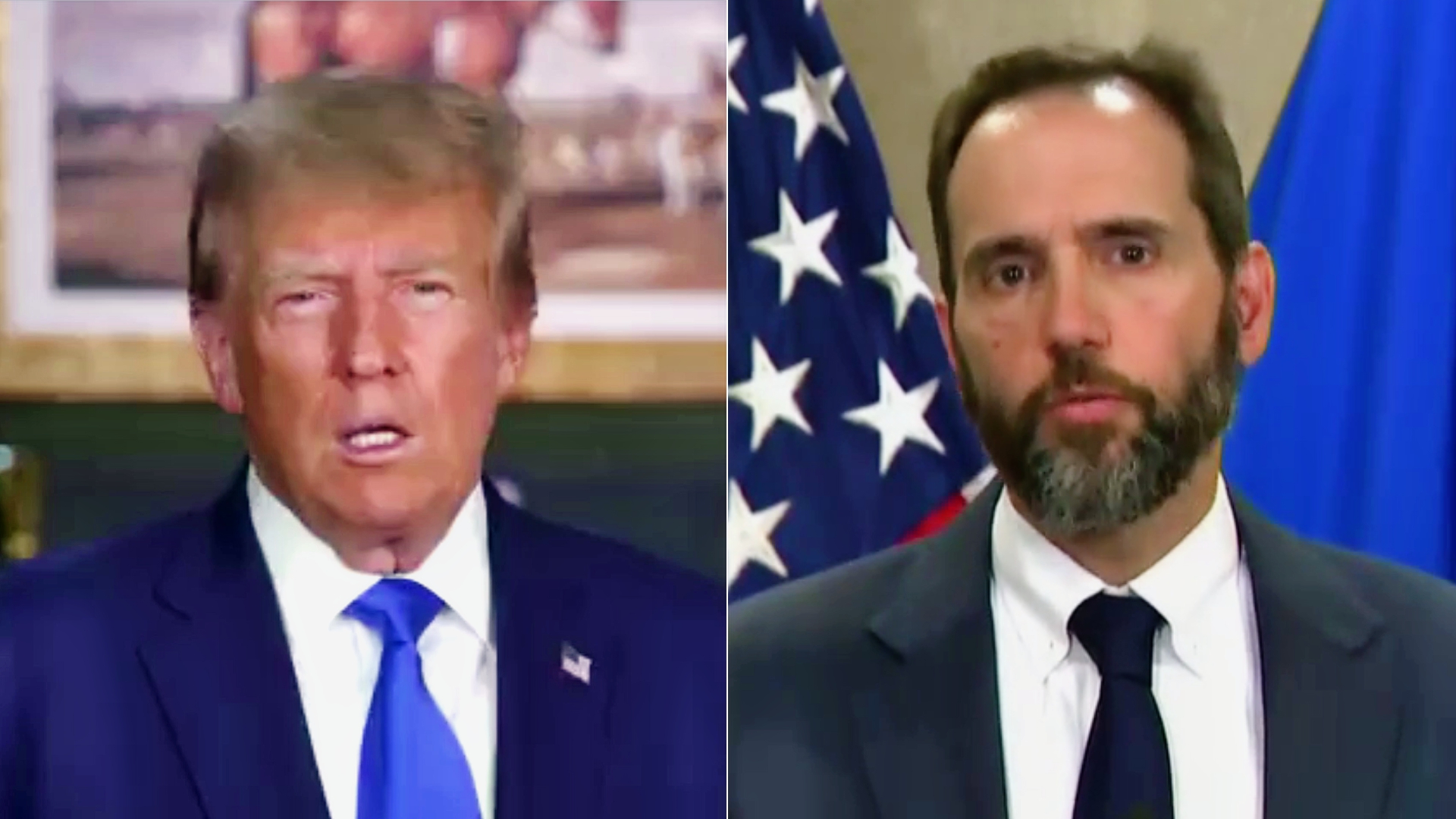Politics
JUST IN: Jack Smith To Charge Trump With Civil War-Era Violation Used For J6 Prosecutions

A leaked letter recently sent to former President Donald Trump indicates that special counsel Jack Smith intends to charge him with a number of crimes related to the January 6, 2021 riots, including a section from U.S. Code dating back to Reconstruction that was used to prosecute J6 defendants and in other modern-era voter rights cases.
The New York Times received a copy of the letter in which Smith refers to three criminal statutes under consideration as the Justice Department weighs its prosecution of the former president and Republican frontrunner for next year’s elections. Two potential charges — conspiracy to defraud the government and obstruction of an official proceeding — were previously known, but the latest revelation indicates that Smith intends to prosecute Trump no differently than the J6 prisoners who he claims were operating under the president’s guidance when they illegally entered the Capitol building during efforts to certify the election in favor of President Joe Biden.
U.S. Code Title 18 Section 241 makes it a crime to “conspire to injure, oppress, threaten, or intimidate any person” in the “free exercise or enjoyment of any right or privilege secured to him by the Constitution or laws of the United States.” The statute was enacted by Congress following the Civil War in a bid to prevent the Ku Klux Klan and other groups from preventing newly-freed slaves from exercising their right to vote.
Smith will likely rely on previous cases in 1950 and 1974 which successfully utilized the law to prosecute instances of ballot box tampering, though on a much larger scale. The special counsel would have to prove beyond a reasonable doubt that President Trump took similar steps to overturn the results of the 2020 elections in several states including Georgia where he is facing a separate investigation. Aides to the former president, including former New York Mayor Rudy Giuliani and attorney John Eastman, confirmed to the Times that they have not received similar letters intimating prosecution.
From the Times:
The corrupt obstruction of a proceeding charge has been used against hundreds of Jan. 6 rioters and has served as the Justice Department’s go-to count in describing the central event that day: the disruption of the Electoral College certification process that was taking place inside the Capitol during a joint session of Congress.
The law was originally passed as part of the Sarbanes-Oxley Act, a measure meant to curb corporate malfeasance. Defense lawyers for several rioters have challenged its use against their client, saying it was meant to stop crimes like witness tampering or document destruction and had been unfairly stretched to include the chaos at the Capitol.
But in April, a federal appeals court upheld the viability of applying that charge to participants in the Capitol attack. Still, unlike ordinary rioters, Mr. Trump did not physically participate in the storming of the Capitol, although he had summoned supporters to Washington that day and railed about the unwillingness of Vice President Mike Pence, who was presiding over the proceedings in Congress, to stop them.
Since prosecution, many J6 prisoners have gone on to regret pleading guilty and raised the specter of having their convictions overturned should President Trump retake the White House next year. Congressional Republicans including Rep. Marjorie Taylor Greene (R-GA) have spoken out on the deplorable conditions faced by J6 prisoners awaiting trial. Should he be indicted relating to J6, which he predicted would happen, President Trump would again need to travel to D.C. for an arraignment, though it is unlikely he would be held without bail as many J6 prisoners were forced to do.

